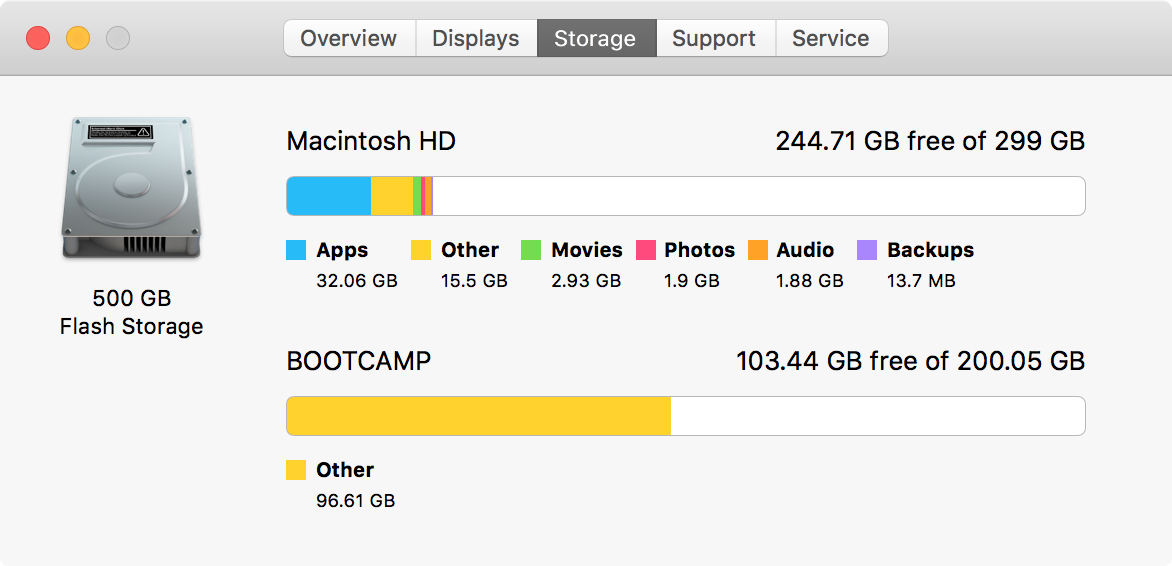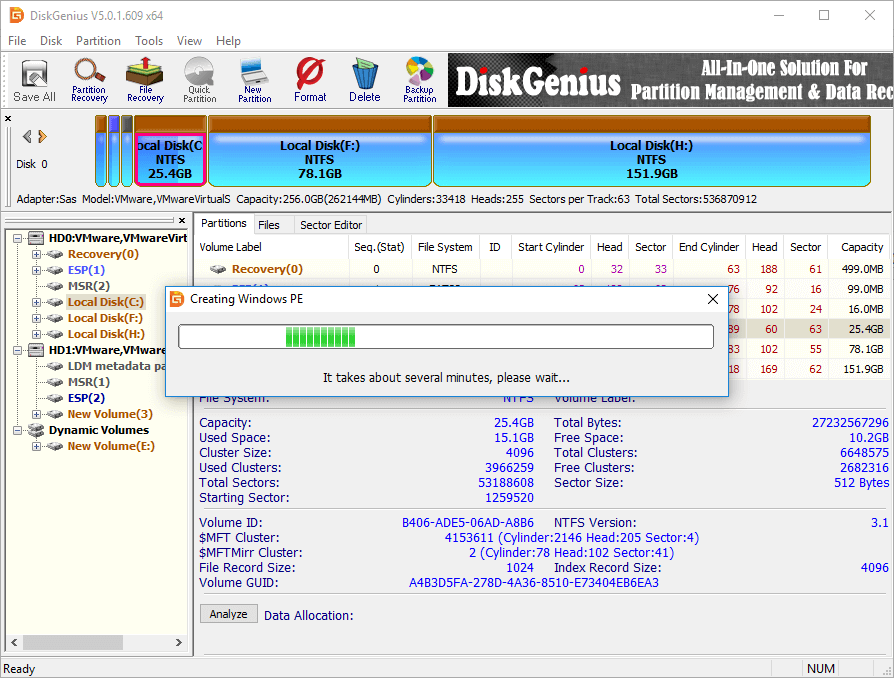

Open the File menu and select any drive or a folder you would like to analyze. Afterward, open those results in a separate window to compare with the last results.ĭisk Inventory X is a utility app that gives you an overview of the space taken by different file types. The app lets you rescan a folder with different settings. You can choose from audio, hard-links, images, app package contents, and more. Or select Load Scan Data to create a new view with older scanned data.Ĭreate new filters for refining the view and perform filter tests to mix them in different ways. Select from the list of recently scanned folders to save time. You can change the sorting criteria by creation date, extension, file type, or folder and even choose a different color palette. Press Space to take a quick look and click the Reveal button to show the selected file/folder in Finder. Then, you can take action directly on that item. Press Cmd + to move up and down in the file hierarchy.Ĭlick a block to lock the selection. You can move the selection from a file to one of the folders and vice-versa by changing the focus. Hover your mouse pointer over a block to display the file name and size at the bottom of the view window. A view window shows the contents in colorful rectangle blocks. Upon launch, it asks you to select a folder or drive you want to analyze. GrandPerspective is a utility app that uses a treemap structure for visualizing disk space. Now that you know why we recommend you use third-party apps, let's explore the best Mac disk space analyzers to inspect and analyze disk space.

If your startup disk consists of at least four separate volumes, you might notice a reduction in space available to Macintosh HD.
#CHECK HOW MUCH SPACE ON MAC DISK FREE#
In APFS, every disk is a container that can hold multiple volumes and shares the same pool of free space. As a result, it may show the System category taking a lot of space. But neither Finder or About This Mac shows the space taken by snapshots. When Time Machine creates local snapshots, the file system is aware of the changes. The APFS snapshot feature works differently.

Finder does not understand this mechanism and wrongly estimates free and used disk space. Instead of duplicating the data, it updates the metadata, and the on-disk data gets shared.


 0 kommentar(er)
0 kommentar(er)
